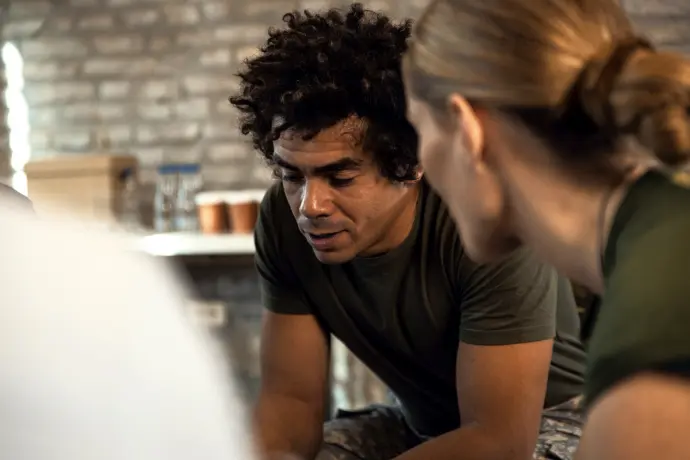Resources
If you or someone you know is struggling with mental health or substance abuse, there is help available. The following resources can provide information, support, and treatment options:
Mental health and substance abuse are two of the most common health problems in the United States. According to the National Institute of Mental Health, nearly one in five adults in the United States experiences mental illness each year. And according to the Substance Abuse and Mental Health Services Administration, more than 20 million Americans have a substance use disorder.
Helplines
SAMHSA’s National Helpline is a free, confidential, 24/7, 365-day-a-year treatment referral and information service (in English and Spanish) for individuals and families facing mental and/or substance use disorders.
- 1-800-662-HELP (4357)
- Massachusetts Department of Mental Health
Emergency/ Crisis Services available 24/7
- 1-877-382-1609
- Suicide and Crisis Lifeline:
- (formerly known as the National Suicide Prevention Lifeline)
988 for English and Spanish
- Crisis Text Line
- Text SIGNS to 741741 for 24/7, anonymous, free crisis counseling
- Disaster Distress Helpline
- CALL or TEXT 1-800-985-5990 (press 2 for Spanish)
- National Domestic Violence Hotline:
- 1-800-799-7233 or text LOVEIS to 22522
- National Child Abuse Hotline:
- 1-800-4AChild (1-800-422-4453) or text 1-800-422-4453
- National Sexual Assault Hotline:
- 1-800-656-HOPE (4673) or Online Chat
- NAMI (The National Alliance on Mental Illness of Massachusetts)
- The National Alliance on Mental Illness of Massachusetts (NAMI Massachusetts) is a nonprofit grassroots organization. Founded in 1982, it seeks to improve the quality of life for people living with mental health conditions, their families, and their caregivers.
LGBTQ+

- Trans Lifeline
- 1-877-565-8860 (Press 2 for Spanish)
- The Trevor Project
- TrevorLifeline
- 1-866-488-7386
Older Adults
- The Eldercare Locator
- 1-800-677-1116 – TTY Instructions
- Alzheimer’s Association Helpline:
- 1-800-272-3900 (Press 2 for Spanish)
Veterans/Active-duty Military

- U.S. Department of Veterans Affairs Mental Health Resources
- Help for Military Service Members and Their Families
- FindTreatment.gov
- Find a provider treating substance use disorders, addiction, and mental illness.
- American Psychiatric Association Foundation
- Find a Psychiatrist
- American Academy of Child and Adolescent Psychiatry
- Child and Adolescent Psychiatrist Finder
- American Psychological Association
- Find a Psychologist
- Buprenorphine Treatment Practitioner Locator
- Opioid Treatment Program Directory by State
988, then select 1, or Crisis Chat or text: 838255
Finding Treatment
It is important to remember that you are not alone. There are people who care about you and want to help. If you are struggling, please reach out for help. There is hope and recovery is possible.
In addition to the resources listed above, there are many other resources available online and in your community. You can also talk to your doctor or a mental health professional about getting help.
